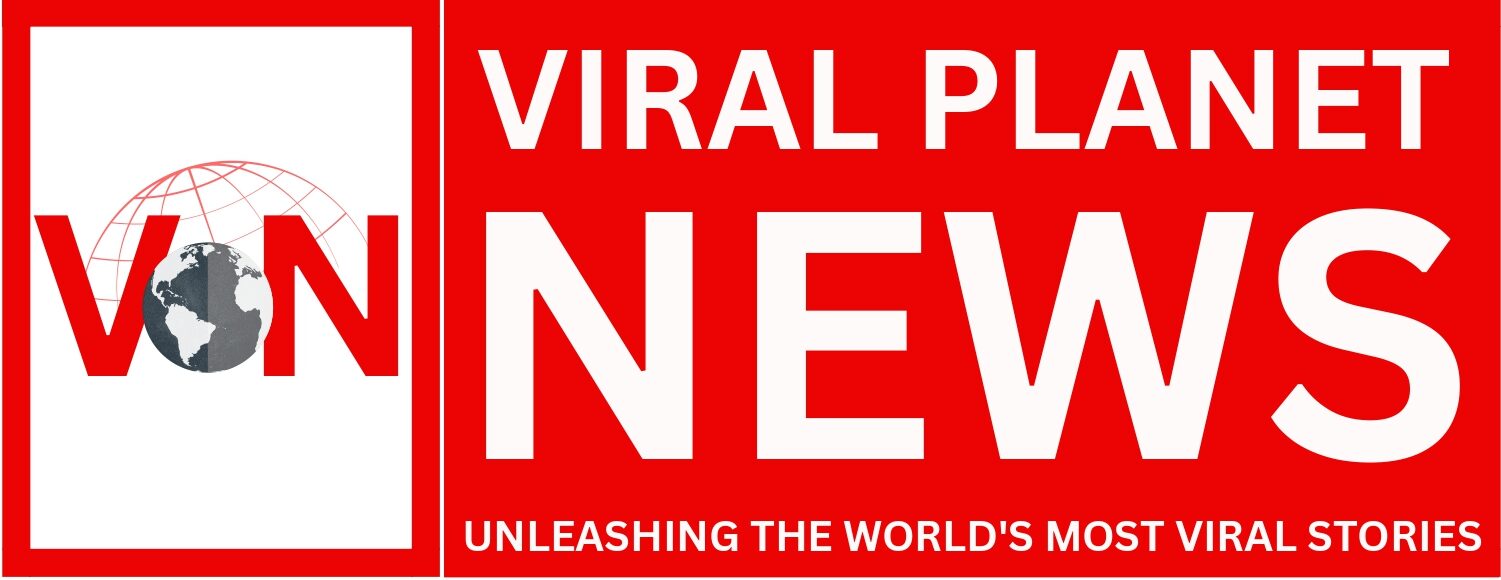By – Shubhendra Singh Rajawat
The tension between India and the Maldives escalated when Maldivian ministers made critical remarks about Prime Minister Narendra Modi.
China’s major state-run daily has published a critical article on the ongoing tensions between India and the Maldives, which arise from insulting remarks made by three officials of the Mohammad Muizzu regime against Prime Minister Narendra Modi and India.
The piece, published in the Communist regime-run Global Times, is critical of India’s stance in the entire affair, describing it as a “lack of confidence” among Indian political leaders.
Prime Minister Modi tweeted photos from his trip to the union territory of Lakshadweep, where he inaugurated significant development projects, last week. Pictures of him strolling on the beach and snorkeling had gone viral.
However. Mariyam Shiuna, the Maldives’ deputy minister for youth empowerment, made a nasty statement about the Prime Minister on the social networking platform X. Despite the fact that she erased the post, the harm had already been done. The internet quickly became filled with calls to boycott Maldives, which is heavily reliant on tourism.

The issue erupted at a time when the island nation’s president, Mohammad Muizzu, is on a state visit to China, where significant infrastructure and tourism agreements are due to be completed. Male distanced itself from the remarks after India stated unequivocally that the junior minister’s words were uncalled for and inappropriate. The Maldives suspended the three ministers on Sunday evening due to their anti-Modi statements.
The Chinese analysts continued their criticism of India, citing its ‘long-standing hegemonic mentality’ in South Asia as the fundamental reason of its troubled relations with other regional countries, notably the Maldives. They have advised New Delhi not to transfer the responsibility to China by ‘hyping the narrative of’ competition with Beijing.
India should not shift the burden to China by using the narrative of regional competition with China as a justification.
Continuing its assault, the Chinese outlet article has ‘recommended’ India to reconsider its policy toward its neighbors and reject its ‘zero-sum mentality’.
Lin Minwang, deputy director of Fudan University’s Center for South-Asian Studies, told the state-run media that Muizzu’s foreign diplomacy had switched from “India First” to “Maldives First.” The expert defended the Maldives’ president, who ran and won elections on a ‘India Out’ platform, saying that Muizzu is not picking sides between India and China, but rather putting the interests of his own country first.
The article in the Global Times accused the Indian media of putting pressure on Muizzu by publicizing the ‘pro-China’ policies.

